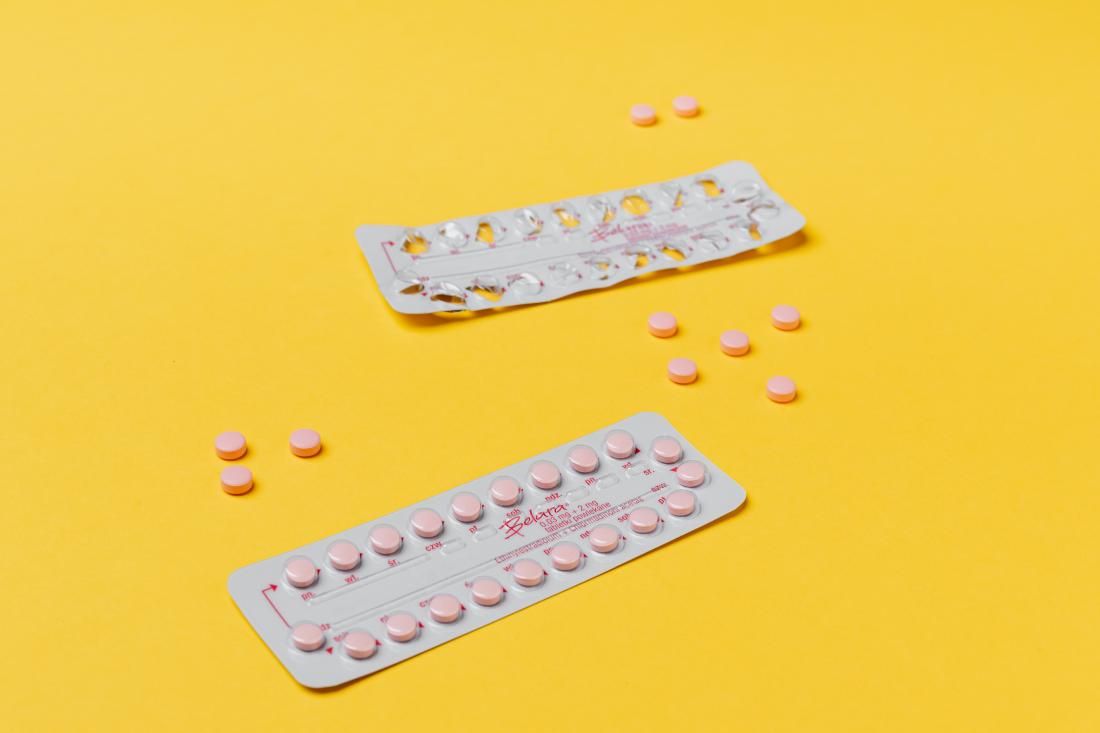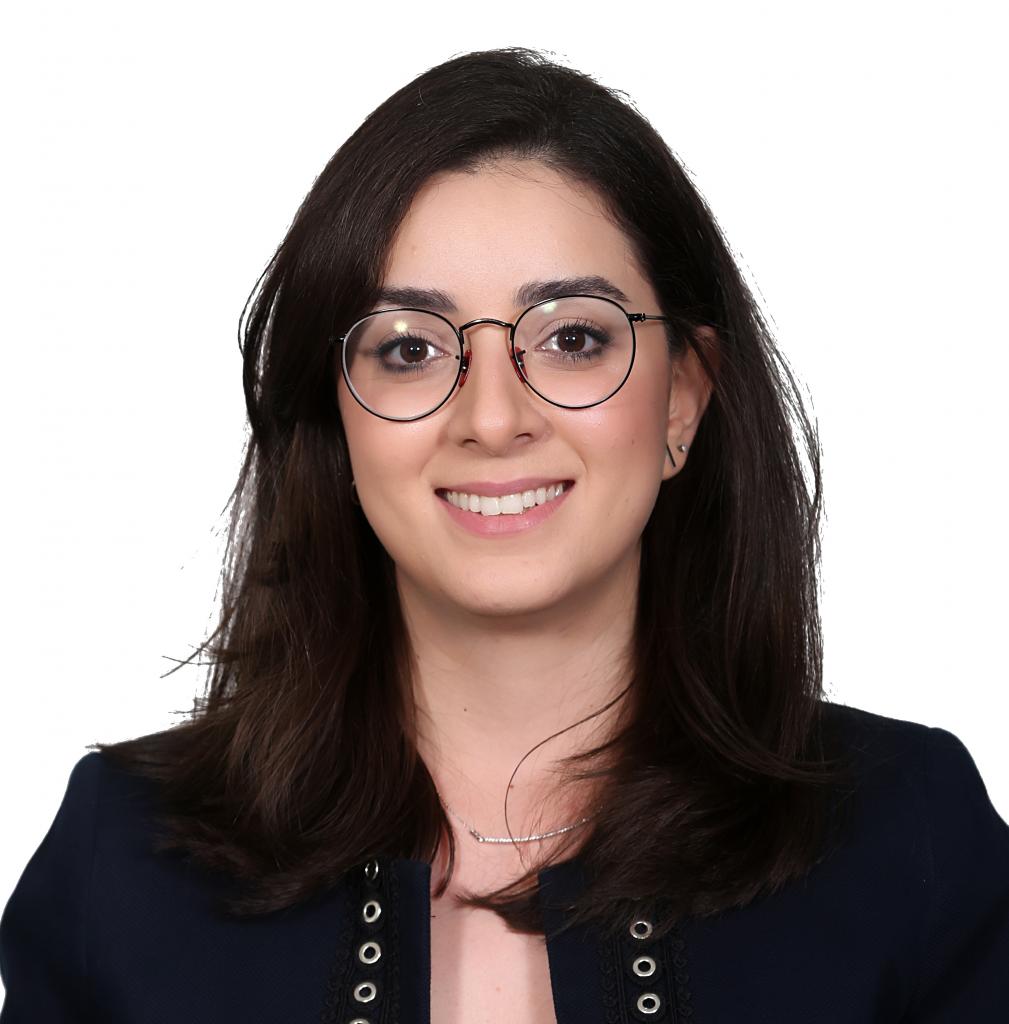GIMED: Lebanese Drug Box, a safe solution to treat and dispose expired medications in Lebanon

Lebanese Drug Box is a drug take-back program developed by Crystel Hajjar, Christina Fares and Fatima Ghemrawi, three young entrepreneurs that joined GIMED to board on an exciting journey towards green entrepreneurship. This start-up is aiming to provide a safe solution to treat and dispose expired medications in Lebanon. At the same time, it focuses on helping people in need to get access to unused medications through their own donation channel.
All in all, this project has moved on to the incubation phase after the selection carried out by Berytech, the Lebanese partner of GIMED’s project. Out of the 20 initial projects, 10 start-ups showcased their ideas during a Pitching and Matchmaking event, where 4 green solutions were chosen to join this new support phase. “Joining the ENI CBC MED program involved spotting an unexploited entrepreneurial opportunity and making the most of it”, says Crystel Hajjar.
“Joining the ENI CBC MED program involved spotting an unexploited entrepreneurial opportunity and making the most of it”
The training sessions that Berytech conducted were useful to teach the entrepreneurs commercial awareness, adaptability or creative-thinking, among others. During the capacity building phase, they designed their venture through the lens of the Green Business Canvas, developed by the SCP/RAC. “We learnt to differentiate the project in a competitive landscape by assessing all the variabilities in the forms of market-shaping interventions”, shares Crystel Hajjar.
According to data obtained from a Lebanese community survey they conducted on medicines disposal practices, 60% of the respondents (150) discarded unused medicines in household trash, 35% flushed them down the drain, and 5% returned them to a community pharmacy. “The management of expired pharmaceuticals is deficient, lacking a national centralized supply system with the procurement, storage, and distribution of medicines to all public health facilities”, the entrepreneur underlines.
This is a clear proof that drug disposal knowledge is low, and 70% of respondents stated participating in drug take-back programs if available. However, when Lebanese Drug Box asked about their idea of drug disposal and drug pollution, 60% responded that they had never really heard of the terms. Hence, public education is required to create awareness regarding medicine disposal and disposal patterns. In the absence of safe disposal, pharmaceuticals can easily slip into the environment or fake drug markets, creating health threats to humans, animals, and the environment.
“GIMED team is applying a wide range of technical assistance for successful introduction and scale-up”

Crystel Hajjar, Co-Founder of Lebanese Drug Box
From the university to recycling medical waste
Holding a Doctor of Pharmacy Degree, she is currently enrolled in a PhD program in microbiology at Laboratoire des Agents Pathogènes at Université Saint-Joseph de Beirut. “GIMED team is applying a wide range of technical assistance for successful introduction and scale-up”, she says.
Entrepreneurship experts, business advisors, company founders, potential partners and investors are helping start-ups grow and achieve success by creating better strategic planning processes, designing the best prototype or system early in the process and proving efficacy and effectiveness in the market.
She was thrust into medical research and entrepreneurship at the same time. She tried to engage her network in the aspect of the business, trying to get extensive feedback to navigate the uncertain landscape of the journey. At this stage, this fantastic team of entrepreneurs is designing a solution to implement good practices of medicines ‘discharge: expired medication converted using immobilization technologies to transform hazardous waste into a safe product.







